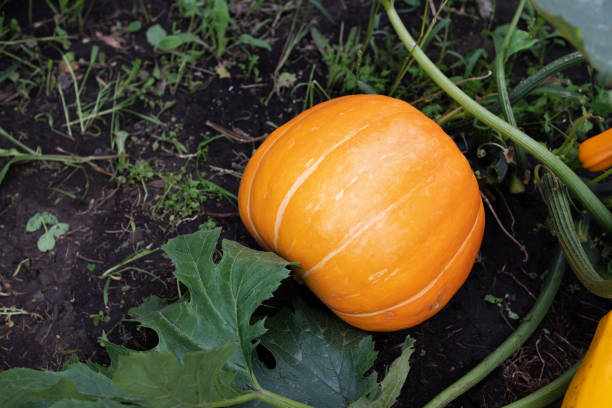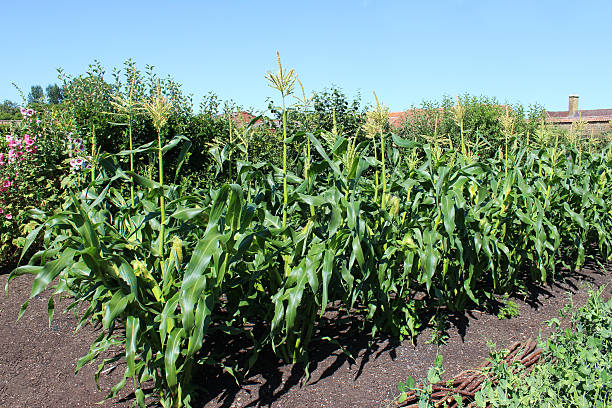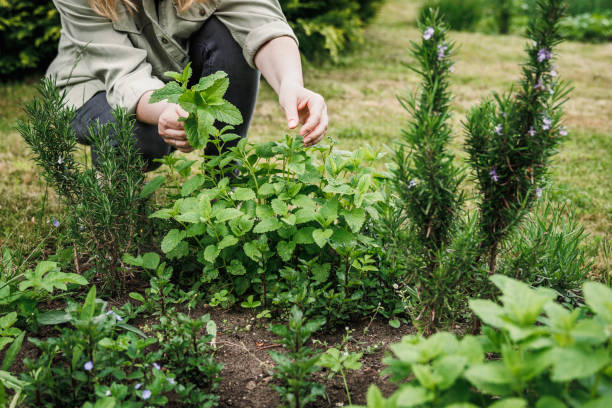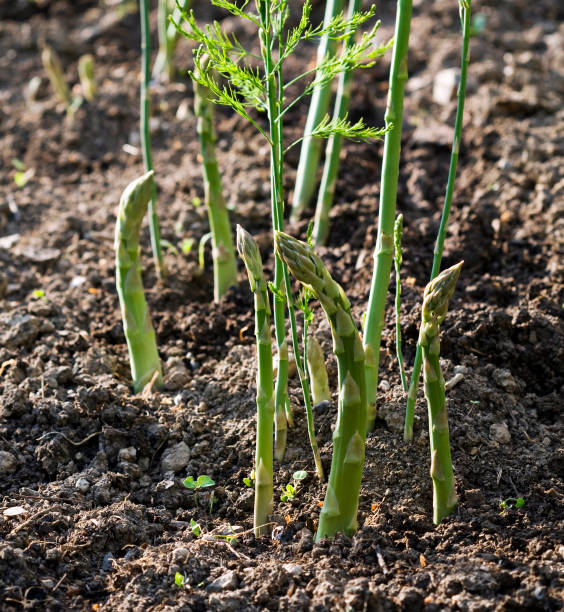Raised beds can help you create the right growing conditions for those picky plants. However, not every plant will do great in a raised bed, some plants need more room for their roots to spread.
Here is a list of plants that you should never grow in a raised bed:
Pumpkin
Pumpkin takes up a lot of room with vines that can go in all directions and spread a couple of feet. If these plants lack space, they spread and crowd out other plants. Gardeners avoid growing pumpkins on raised beds mainly because of their dominating vines needing excess room to spread out.

Image Credit: Unsplash
Corn
Corn grains need room to grow. Corn needs long rows to prosper and with raised beds that is limited. The corn plant is better planted in rows in the ground to achieve proper pollination because they are wind pollinated, so the shorter the space between corn stalks, the more success they will have during pollination.

Image Credit: Pexels
Melon
Melons require plenty of warmth and sunshine to thrive. While a raised bed may be able to provide these conditions, melons typically do best when grown directly in the ground. This is because the weight of the melon plant and its fruit can be too much for a raised bed to support. As a result, many gardeners choose to plant melons in the ground to avoid the extra maintenance.
Blueberries, blackberries and raspberries
Fruiting plants don’t like competition, and growing them in raised beds will not be beneficial. They also need a more acidic soil than vegetables and are perennials that will grow year-round.
Mint
As a fast and aggressive grower, mint can dominate a space quite easily. Mint will spread above ground and underground through runners, pushing out younger, developing plants. It is best to grow them away from your other kitchen garden plants.

Image Credit: Unsplash
Asparagus
As a perennial vegetable, the asparagus can develop a complex root system that reaches deep underground and has a long life span. Most raised beds can’t provide sufficient depth for optimal growth for the plant. Asparagus planted in shallow beds often results in low production.

Image Credit: Unsplash
When planting in raised beds, choose suitable crops to ensure healthy harvests. Research plant requirements to match their growing conditions.
ALSO SEE:
Feature Image: Unsplash

